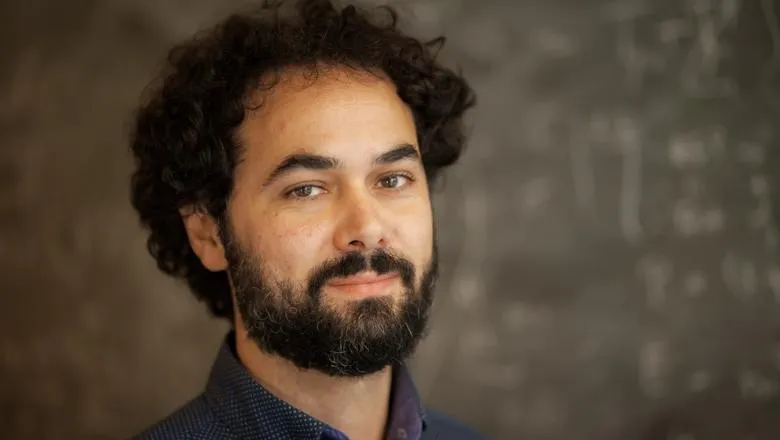08 March 2018
Lecturer wins Buchalter Cosmology Prize
Dr Diego Blas, Department of Physics, has won the Buchalter Cosmology Prize for his paper on new mechanisms that may be behind the Big Bang.

The prize recognises research papers contributing to the understanding of the evolution of the universe.
Diego carries out research in the field of theoretical physics, specialising in cosmology and gravitation. Cosmology is the branch of astrophysics which tries to understand the dynamics of the universe, from the primordial times to today. Diego likens his work to archaeology: using information from remote places in the universe and trying to understand how they appeared and evolved.
Explaining his inspiration for working in cosmology, Diego said: ‘It is very easy to get inspired by cosmology nowadays. With our telescopes and our mastery of the fundamental laws [of physics] we understand how the universe evolved from a hot and very homogeneous state to a fantastic universe, with many complex elements; galaxies, stars, life... but many mysteries remain! Our observations require the existence of new states of matter that we have not observed around us yet (dark matter and dark energy). Furthermore, the primordial universe was very simple, basically structure-less. This is not a natural state and it's still unclear which dynamics were responsible for this simplicity.’
Diego hopes that recent developments in data collection including the detection of gravitational waves and future mapping of all visible matter will allow for exploration of the universe’s 'dark' places and 'dark' epochs, helping researchers to solve the mysteries surrounding the properties of dark matter and dark energy. This may lead to the testing of ideas about the generation of the simple universe 15,000 million years ago, answering many fundamental questions.
